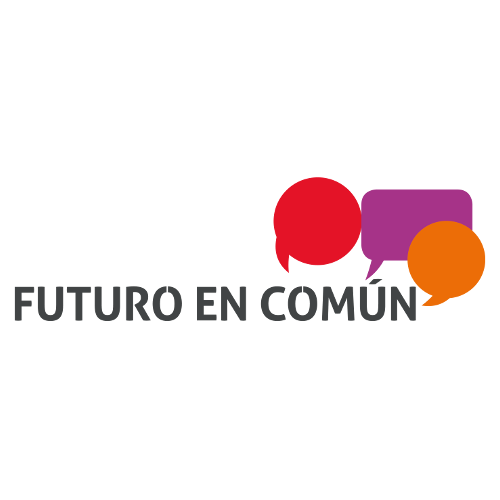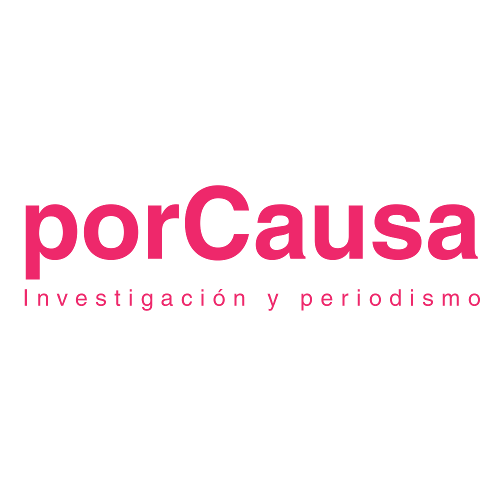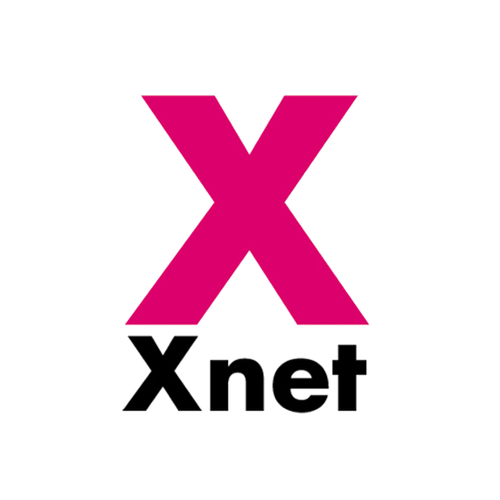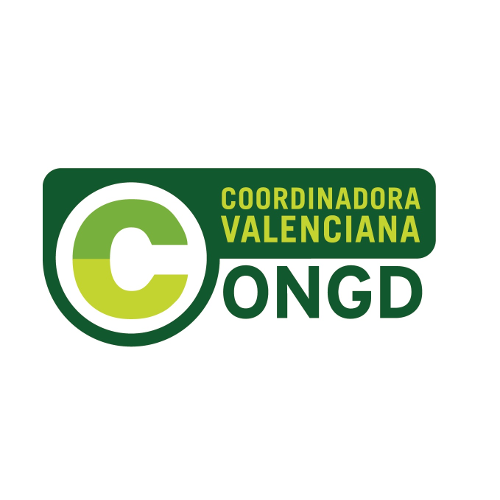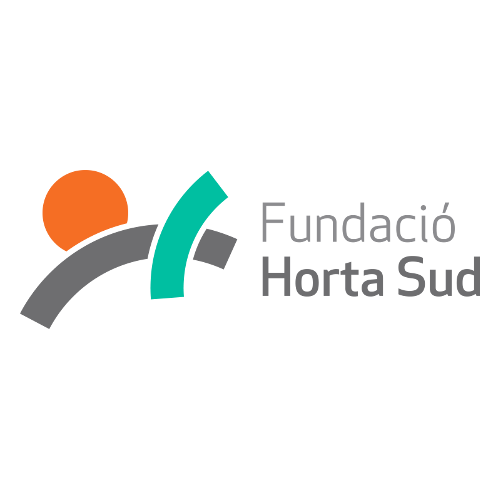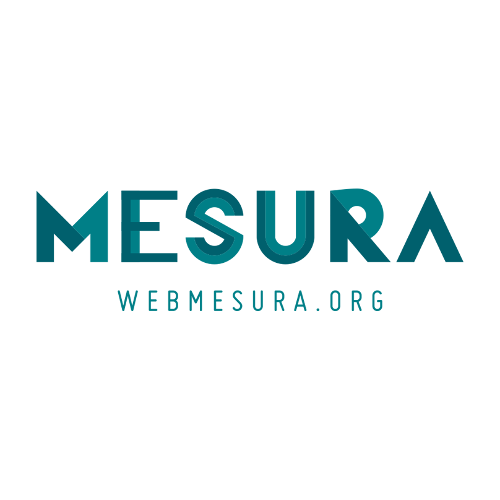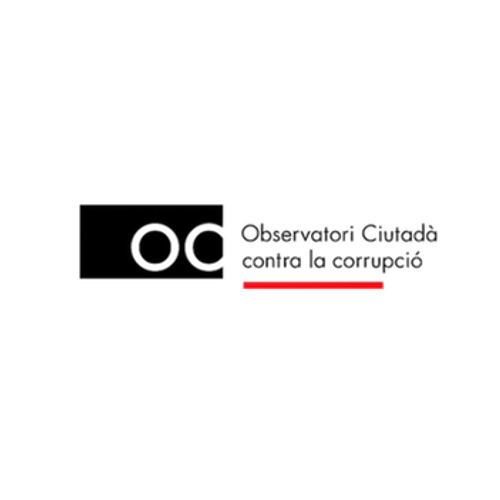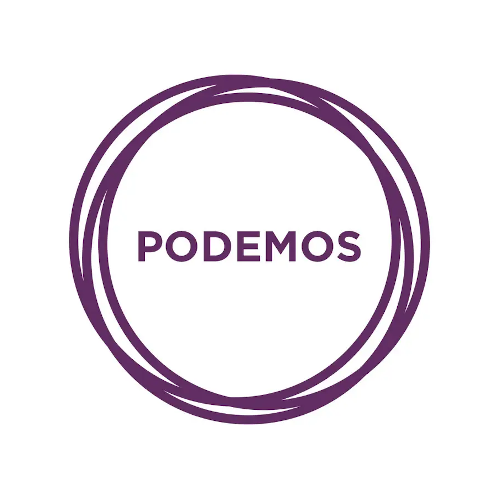Development Process
Methodology
The process of creating the standard follows the following guidelines:
- Collaboration between stakeholders
- Citizen-centred design
- Transparency in decision-making processes
- A procedure for receiving contributions and for public ratification, with quality guarantees
The process is implemented in an iterative development model composed of the following phases:
- Phase I: Study and Analysis
By way of work sessions and face-to-face or online interviews with political parties, social agents and citizens, information needs are determined and catalogued in relation to the electoral manifestos and proposals, and a series of use cases are developed that serve as guidelines for the creation and adoption of the standard.
- Phase II: Proposal and Feasibility
Based on the information generated, the structure and the attributes to be included in the open standard are defined. Each proposal is evaluated by the technical team to determine the appropriate data type to be used and the feasibility of automatically generating the necessary information. Likewise, the incremental adaptation over the previous version is resolved.
- Phase III: Validation
Once the proposal and feasibility stage has been passed, the new version of the open standard is generated and documented in JSON Schema format. A process of validation by the parties involved is then initiated.
- Phase IV: Publication
After validation, the new version is published together with the documentation produced. All the information produced is published under an open license, without dependencies to other standards that are not open and free of legal or technical clauses that may limit its use in any area.
Governance
The OM definition is subject to public evaluation and is administered, developed and ratified through a transparent process that is open to the equal participation of political parties, social agents and citizens.
The information generated in the different stakeholder interactions is documented and submitted for review. Likewise, adherence to the published versions is formally registered.
Support
The active participation of social agents is complemented by public support for the Open Manifesto Project (OMP) initiative. Membership is open to any organization or person that wants to show their support for the OMP initiative. Social agents and citizens that support the initiative implicitly back its mission, objectives and work methodology. At the same time, they display their willingness to contribute to the open process in its creation and dissemination. Likewise, they encourage political parties to adopt the Open Manifesto open standard.
The following organizations have already shown their support for OMP:
The organizations that support the OMP initiative have shown their intention to:
- Make contributions to the process of developing the open standard.
- Promote OMP technological solutions (such as the Personal Political Analyst voice assistant) - both in terms of awareness and use.
- Encourage the adoption of the OM open standard among political parties.
Adoption
Political parties can adopt the OM standard. This implies their participation in the standard's development process and the publication of their electoral manifestos using the latest consolidated version of the open standard.
The following parties have already adopted OM:
Documentation
The Open Manifesto Project documentation website reflects the latest advances in the development of the open standard. It provides access to the latest version of the specifications and documents the results of exchanges with the different agents.
Follow-up
So far, we have carried out workshops with different social agents and citizens in Madrid, Barcelona and Valencia.



